NATURAL CAPITAL
GOVERNANCE
The framework required to ensure that natural capital is adequately respected
|
|
|
|
Growing number of Extreme Weather Events
|
More snow (USA)
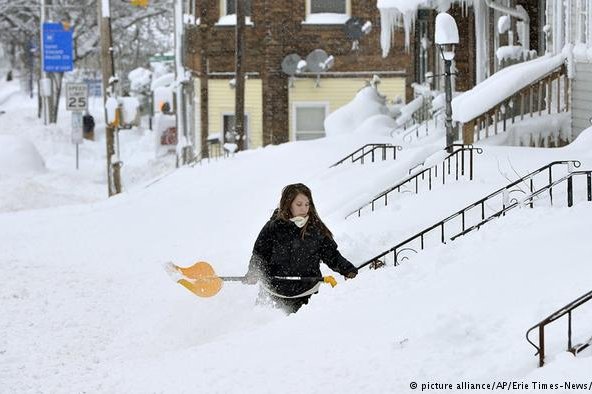
|
Arctic ice-melt
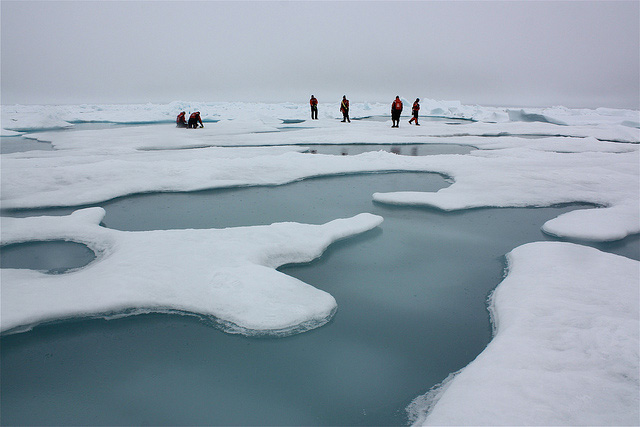
|
African drought
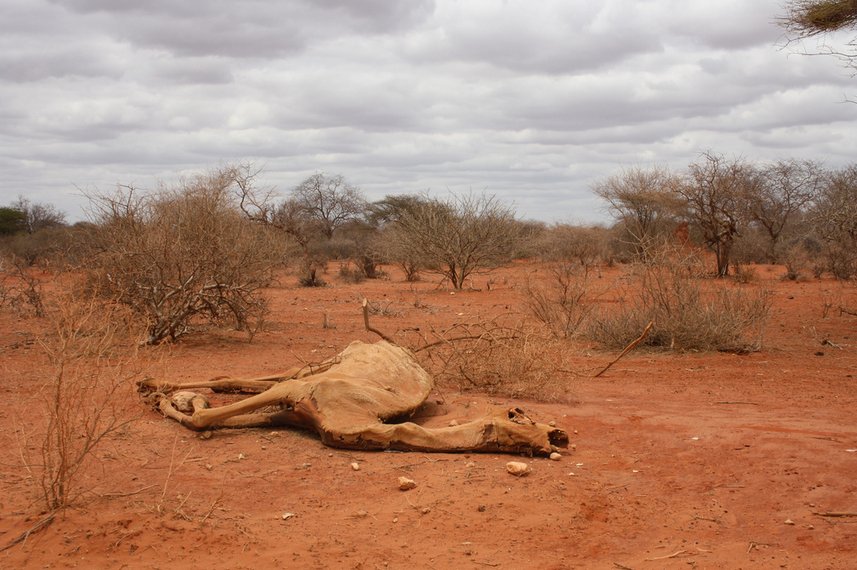
|
Houston flooding (USA) 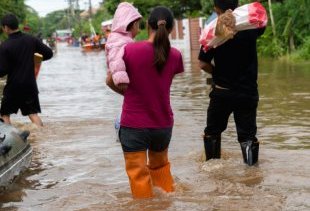
|
New York flooding (USA)
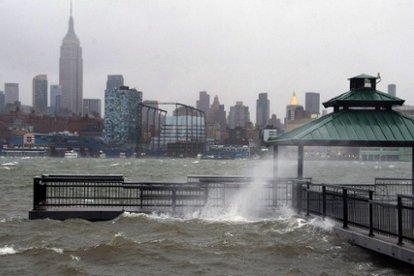
|
Florida hurricane (USA)
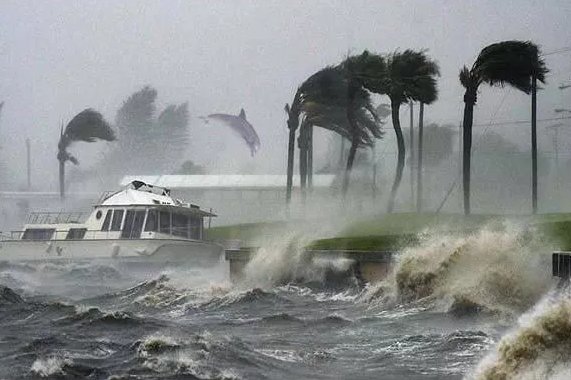
|
|
|
A catastrophic disconnect between what causes climate change and the people who have and will suffer from climate change
-----------------------------------------------------------
Al Gore was right when he talked about
'An Inconvenient Truth'
|
GO TOP
|
|
EARTH TEMPERATURE TIMELINE
|
EARTH TEMPERATURE TIMELINE ... THE LAST 600 YEARS

|
EARTH TEMPERATURE TIMELINE ... THE LAST FEW MILLION YEARS
L0700-NC-CLIMATE-historic-timeline
|
Open L0700-NC-CLIMATE-historic-timeline
|
|
|
GOVERNANCE
IN THE CONTEXT OF NATURAL CAPITAL
|
GO TOP
|
Rules and Regulations for Environmental Responsibility
Until quite recently there were virtually no rules and regulations to ensure that economic actors were environmentally responsible. Essentially, it was 'laissez faire' ... anything goes ... and as long as it was profitable for me, then I am going to do it.
For most of the industrial revolution, environmental pollution was awful.
TPB aside: As a young child I spent many Christmas and Easter holidays staying with my grandparents who lived in Wakefield in the West Riding of Yorkshire, in the industrial North of England ... a huge contrast from our home in Okehampton, a small agricultural market town in the middle of Devonshire. I remember being told 'where there's muck, there's money' and being told that it was a good sign when the chimneys of the textile mills were spewing dark black smoke and a bad sign when they weren't. Everything was covered in grime ... soot from the smoke. And of course, we burnt coal to keep ourselves warm, and in fact, also cooked on a huge coal fired range!
|
|
Post War Europe / Post War USA
In the immediate years after WWII Europe started to work on cleaning up the pollution in the great rivers of Europe like the Rhine. Significant progress was made and by 1960 the rivers of Europe were fairly clean. By contrast in 1960 the rivers of the United States were highly polluted with all sorts of industrial detritus. (TPB Note: I travelled through North America as a student in the summer of 1960 and remember well the chemical pollutants that colored the Connecticut River, the burning blast furnace slag floating in the three river confluence at Pittsburgh, and the lifeless river waters around New York City.) In the early 1970s Richard Nixon, a Republican President established the US Environmental Protection Agency (EPA) and for the first time US industry started to be held to account for its appalling environmental behavior.
|
|
Rules and Regulations for Environmental Responsibility
|
|
|
|
Global Governance / The United Nations
Progress ... but slow! Not fast enough! Not bold enough!
|
GO TOP
|
|
|
The United Nations Environmental Programme (UNEP)
Established in 19??
|
GO TOP
|
|
|
The Global PACT
An international initiative ... follow up to the Paris Accord of 2015
|
GO TOP
|
Global-Pact-for-the-Environment-Biniaz-2017-08
From the opening paragraph: There is no doubt that more needs to be done, both nationally and internationally, to protect the environment. It is tempting, particularly during the Trump era, to welcome any concerted effort to do so. The issue is whether the proposed “Global Pact” is the right vehicle for enhancing environmental protection.
Part of the conclusion: 'A new “Global Pact” may or may not be the appropriate next step towards improving global environmental protection. Further consideration is warranted regarding the insufficiencies of the current system and the potential remedies, including the merits of an overarching international agreement on the environment. To the extent States decide to pursue a new, broadly framed agreement, they should take care to ensure that there is clarity concerning, inter alia, its purpose(s), its obligations, and its intended legal effect, including in relation to other international agreements of a more specific nature.'
TPB observation: The Global PACT is an initiative being promoted by the French at high levels. It was launched during the 2017 UN General Assembly by Presdient Macron. I participated in a workshop at Columbia that addressed various issues relating to the PACT. I suggested that though it was unlikely to become widely accepted as a legally binding initiative on the member nations of the UN, it had a value as a catalyst for ongoing dialog about the need for behavior change related to the environment and climate change. I also proposed that the PACT should consider including some language to encourage the development and deployment of a better system of metrics (numbering) so that progress could be determined in a reasonably rigorous manner.
'http://truevaluemetrics.org/DBpdfs/Environment/Global-Pact-for-the-Environment-Biniaz-2017-08.pdf'
| Open PDF ...
Global-Pact-for-the-Environment-Biniaz-2017-08
|
|
|
National Governance
Progress ... but slow! Not fast enough! Not bold enough!
|
GO TOP
|
Overview of National level environmental governance
National level governance is a pawn in the hands of politicians, who may or may not have an interest in responsible behavior with respect to the environment.
|
|
|
|
Holding Bad Actors Accountable
This is an essential part of effective Governance
|
GO TOP
|
IDENTIFYING BAD ACTORS
The first step is to identify the bad actors. This is not a 'legal' process, but more scientific. There must be an ability to know some facts about the performance of the actor and the impact an actor is having on the natural environment.
There has been a substantial amount of work done by scientists and academia to understand the way in which natural systems work, and the way in which various actors in the social and economicsegments of the socio-enviro-economic system interact. This information needs to be mobilized so that there are relevant metrics about the various actors are having on natural systems.
|
|
SELF REPORTING
Most business organizations prefer to operate with the minimum of reporting and transparency. This has been the preferred practice since the beginning of capitalism, and while it may be good for the owners of business, it is usually very bad for the broader society as well as the environment.
Over the years improved reporting and transparency has been achieved by legislation and regulations imposing requirements on business entities. It has been unpopular in the business sector in the past, and this continues today.
Reporting and transparency in respect of financial performance is now widespread the concepts are widely accepted and understood. The same is not true for the reporting of social impact and the reporting of environmental impact. Though there has been impressive growth in the conversation about reporting social and environmental impacts, the 'numbering' of this is still partial and incomplete.
|
|
REPORTING BY THE GENERAL PUBLIC
In the last two decades there has been a revolution in the technology available for independent observation, communication and analysis. This should be harnessed in order to build a factual database about actors and their behavior relative to society and the environment. In order for this to be effective, there needs to be an information architecture that makes sense both in terms of technology and in terms of management and decision making.
Over the years an amazing amount of information has been collected, but sadly most of the data has been used in ways that are extremely inefficient, and much of the true value of the data has been lost. This has to change.
|
|
|
|
|

